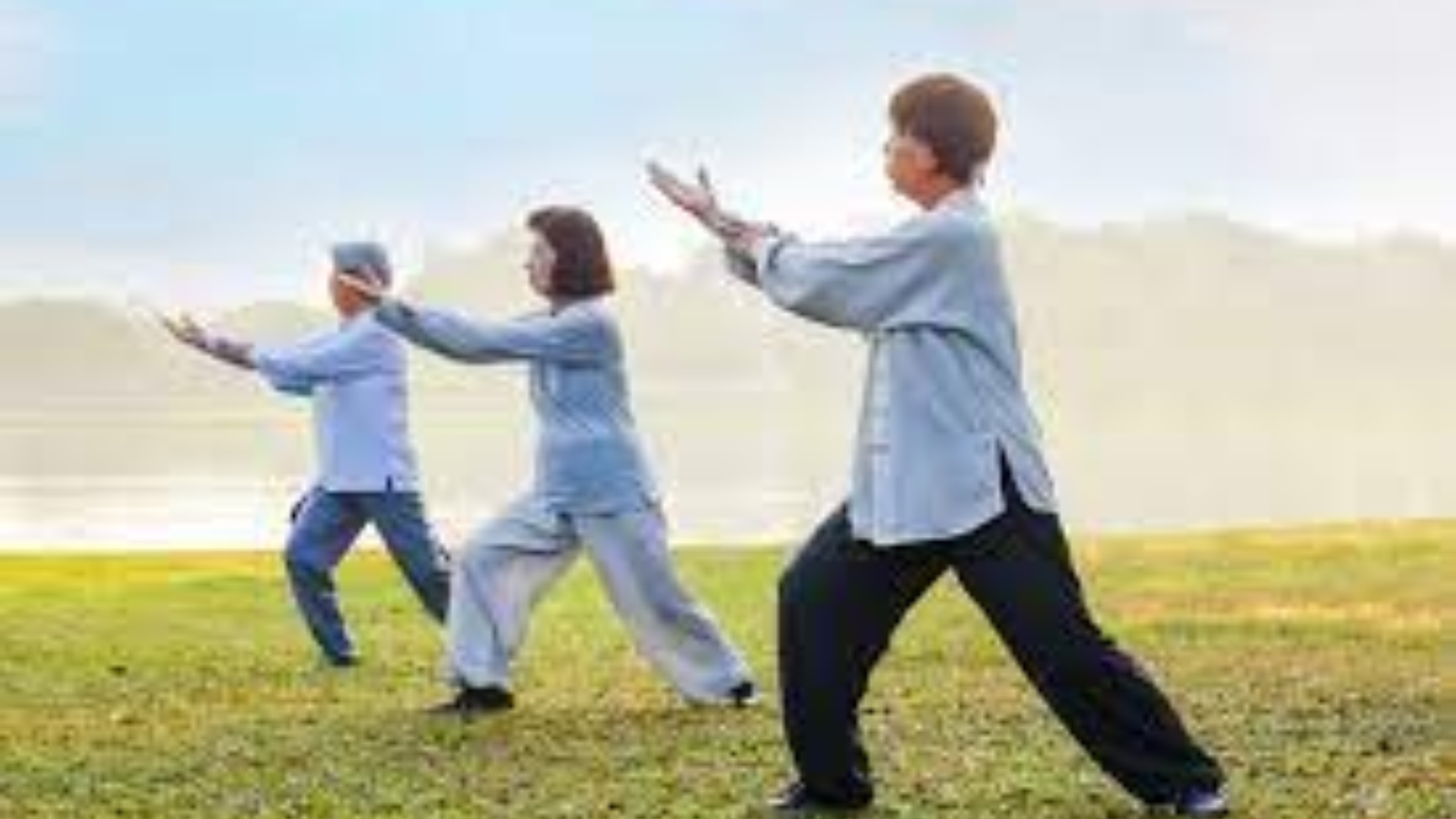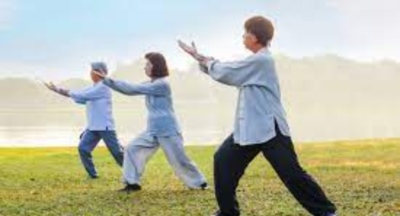
Understanding Progressive Muscle Tai Chi Exercise and Its Benefits
What is Tai Chi Exercise?
Tai Chi is a traditional Chinese martial art that combines slow, flowing movements with deep breathing and mental focus. It is often practiced as a form of meditation in motion, promoting relaxation, balance, and overall well-being.
What is Progressive Muscle Tai Chi?
Progressive Muscle Tai Chi is a variation of the traditional Tai Chi practice that incorporates elements of Progressive Muscle Relaxation (PMR). PMR is a technique that involves tensing and then relaxing specific muscle groups to promote deep relaxation and reduce muscle tension.
Script of Progressive Muscle Tai Chi
In Progressive Muscle Tai Chi, practitioners follow a scripted sequence of movements that involve both Tai Chi postures and PMR techniques. The script guides individuals to tense and relax different muscle groups while maintaining the slow, flowing movements of Tai Chi.
Here is an example script of Progressive Muscle Tai Chi:
Begin by standing in a relaxed and comfortable position, feet shoulder-width apart. Take a deep breath in, and as you exhale, gently tighten the muscles in your feet and toes. Hold the tension for a few seconds, and then release, allowing the muscles to relax completely.
Next, bring your attention to your calves and thighs. Slowly tighten the muscles in your lower legs and thighs, feeling the tension build. Hold for a few seconds, and then release, allowing the muscles to relax and soften.
Continue this process, moving up through your body, tensing and relaxing each muscle group. Focus on your abdomen, chest, shoulders, arms, hands, neck, and face. With each tension and release, notice the sensations in your body and let go of any tension or stress.
Throughout the script, maintain the slow, flowing movements of Tai Chi, allowing your body to move in harmony with your breath. Pay attention to the sensations of relaxation and the gentle rhythm of your movements.
Benefits of Progressive Muscle Tai Chi Exercise
1. Deep Relaxation: By combining the relaxation techniques of PMR with the meditative movements of Tai Chi, Progressive Muscle Tai Chi promotes deep relaxation and helps to reduce stress and anxiety.
2. Muscle Tension Relief: The tensing and releasing of specific muscle groups in Progressive Muscle Tai Chi helps to release built-up tension and improve overall muscle flexibility and strength.
3. Improved Balance and Coordination: The slow, controlled movements of Tai Chi in Progressive Muscle Tai Chi enhance balance and coordination, contributing to better overall physical stability.
4. Mind-Body Connection: Progressive Muscle Tai Chi helps to strengthen the mind-body connection by promoting mindfulness and focus on the present moment. This can lead to improved mental clarity and overall well-being.
Progressive Tai Chi for Stress and Insomnia
Progressive Muscle Tai Chi can be particularly beneficial for individuals experiencing high levels of stress or struggling with insomnia. The combination of relaxation techniques, gentle movements, and focused breathing helps to calm the mind, reduce stress hormones, and promote better sleep quality.
By practicing Progressive Muscle Tai Chi regularly, individuals can experience a sense of calm, improved sleep patterns, and increased overall well-being.
Conclusion
Progressive Muscle Tai Chi is a unique blend of Tai Chi and Progressive Muscle Relaxation techniques. It offers numerous benefits, including deep relaxation, muscle tension relief, improved balance and coordination, and a strengthened mind-body connection.
Whether you are seeking stress relief, better sleep, or overall wellness, incorporating Progressive Muscle Tai Chi into your routine can be a valuable addition to your self-care practices.
Related Posts
Understanding Progressive Muscle Tai Chi Exercise and Its Benefits
What is Tai Chi Exercise? Tai Chi is a traditional Chinese martial art that...


